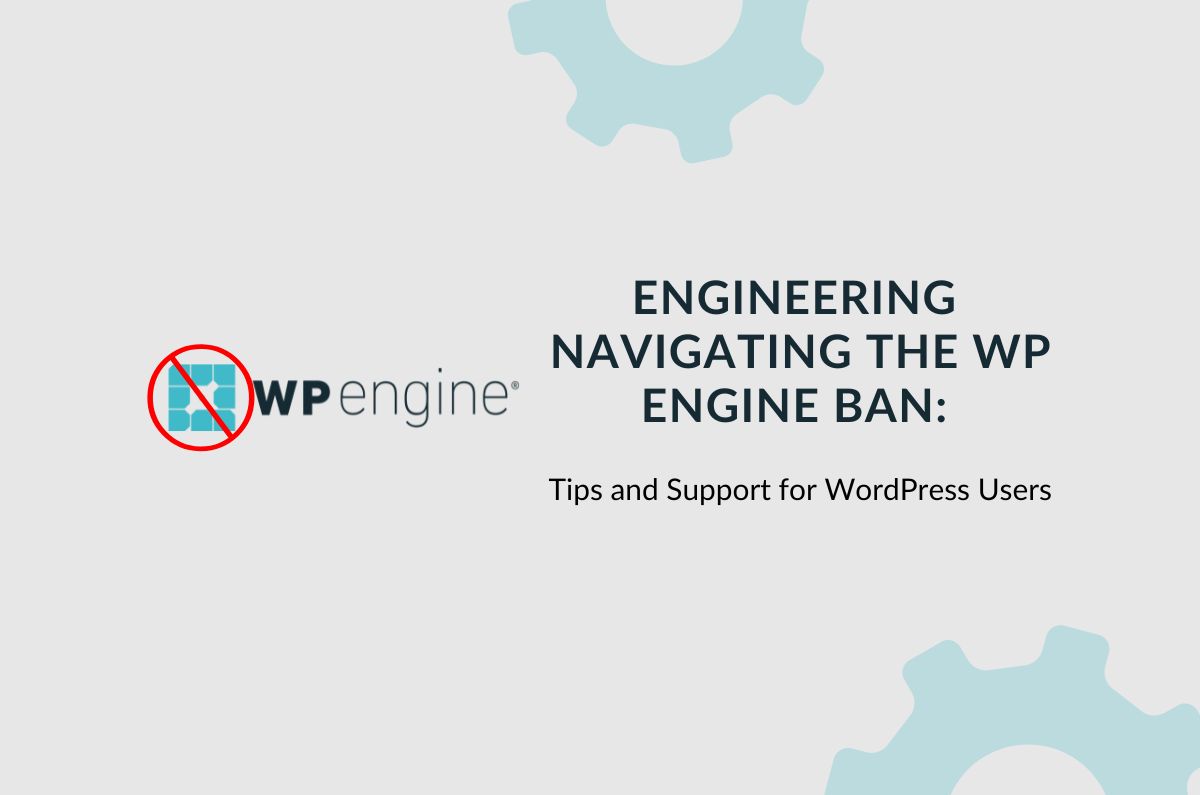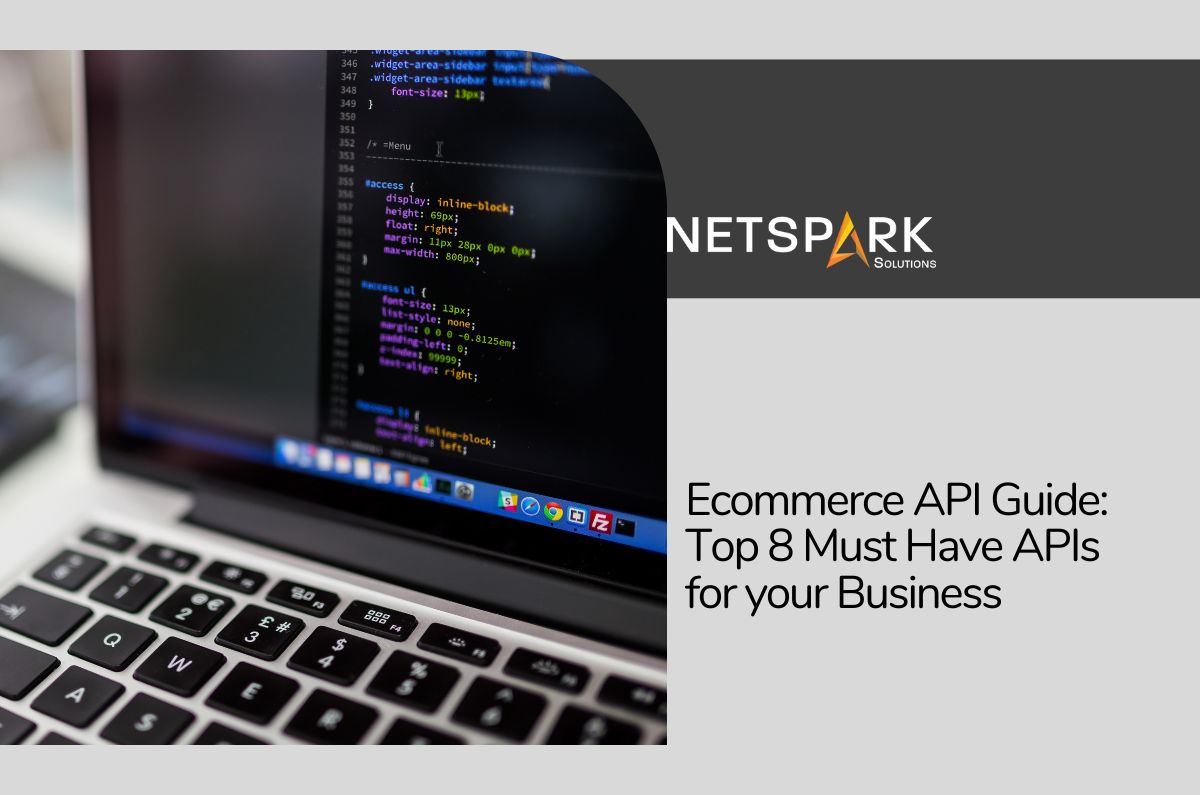The ecommerce industry is growing exponentially. As of today, there are an estimated 12-24 million ecommerce companies in the world. With these many ecommerce businesses competing with each other, it’s safe to say that ecommerce is among one of the most competitive markets in the world.
That’s why ecommerce startups are always advised to step into the market with a clear vision and full-fledged plan so that they can easily tackle the competition and establish a strong brand presence. One of the elements of developing a success-driven plan for a new ecommerce venture is choosing the right ecommerce platform.
There are dozens of ecommerce platforms available in the market and all of them offer different features to cater to various requirements of retailers. Shopify is one such platform that has gained immense popularity in the past few years. In fact, nearly 1.75 million merchants use Shopify to run their ecommerce brands.
But, why Shopify? What separates this ecommerce platform from other available options? More importantly, why should you consider Shopify as the website builder for your online store in 2022?
In today’s blog, we’ll answer all of these questions and explain the advantages of choosing Shopify as your ecommerce platform.
So, without any further ado, let’s get started.
What is Shopify?
Before going into details, let’s first talk about Shopify. For readers who don’t know, Shopify is a full-scale ecommerce platform designed to help merchants construct their online shops and start selling products to their target customers.
Shopify offers an easy-to-navigate website builder with drag-&-drop functionality that makes it easier for retailers to start their online business in no time. Its ease of use is probably one of the major reasons many retailers have already switched to Shopify from their conventional ecommerce platforms.
Shopify retailers also have access to thousands of third-party add-ons and extensions that enhance the overall shopping experience for customers, resulting in better sales and higher revenues. But, ease of use isn’t the only reason why more and more merchants are choosing Shopify.
Let’s dive into the benefits that Shopify brings to the table as a professional ecommerce platform for all retailers.
Benefits of Using Shopify as the Ecommerce Platform for Your Online Store
1. Multi-Language Support
For any retailer who wants to establish worldwide brand recognition, Shopify is the best tool to launch their website. Why? Because of its multi-language support. With Shopify, merchants can run their websites in nearly 20 languages. Of course, they would have to sign up for the Shopify Plus accounts to do this.
With multi-language integration, you can deliver a personalized shopping experience to the customers, considering English isn’t the most commonly spoken language in every country. So, when shoppers have the power to access an online platform in their native language, they are most likely to buy items and return to the store in the future as well.
By integrating multi-language support, you’ll be able to acquire long-term global customers and gain a competitive edge in the market. This is probably a major reason why retailers choose Shopify over other ecommerce platforms.
2. An Extensive App Store
Shopify has a built-in app store with more than 2500 applications that retailers can use to integrate the required functionality into their store.
These apps are designed by authorized publishers, so you won’t have to worry about your store being hijacked by a potential hacker. With these third-party app integrations, you’ll have the power to provide users with advanced features to enhance their user experience.
What’s more interesting is that the app store is managed by a team of the expert development community that continuously releases new applications to help merchants make their online stores more functional. All these apps can be integrated with a single click. So, even merchants with no technical background can install these applications in no time.
3. Wide Availability of Themes
Shopify’s theme store has hundreds of themes and layout templates that merchants can use to construct their online stores. With these many available options, merchants have the liberty to integrate unique elements into their online shops.
All these available themes are entirely customizable, allowing retailers to personalize their stores to match the core idea of their brand. And, in case you don’t know this already, Shopify themes follow a responsive design, which means your website will remain mobile-friendly regardless of the theme you choose.
Since mobile-friendliness is one of the crucial ranking signals, choosing a responsive theme will push your product pages to the top of Google SERP and drive organic traffic from search results.
4. Shopify is SEO-Friendly
Speaking of website rankings, Shopify’s biggest USP is its SEO-friendliness. At its core, Shopify’s website builder is designed in such a way that your website will automatically get optimized for better search engine visibility. However, there are several SEO elements that you can incorporate into your store to climb the search engine ladder.
You’ll be able to add page titles, and meta descriptions, and optimize various on-page elements to make your website search engine-friendly. Finally, Shopify also supports social media integration, allowing merchants to promote their products across multiple social media platforms including Instagram, Facebook, Pinterest, etc.
From a marketing perspective, Shopify is an all-in-one tool for merchants as it allows them to optimize their stores for their marketing campaigns. As a result, it’ll become easier to drive quality traffic and generate high ROI.
5. Email Marketing Support
One of the key features of Shopify is its email marketing support. Shopify merchants can design and optimize their email marketing campaigns within Shopify itself.
The tool provides users with all the features they need to manage and analyze the performance of their outreaches. Moreover, Shopify also supports third-party email marketing tools, which means if you’ve already designed an email marketing campaign using another tool, you’ll be able to import all your data into Shopify without any hassle.
Shopify’s email marketing features can also be used to optimize your store’s cart abandonment rate. Shopify provides a dedicated abandoned cart recovery service that automatically tracks shoppers with abandoned carts and sends them a reminder via email.
6. Payment Gateway Integration
It’s crucial for every ecommerce store to provide users with secure payment support so that they don’t have to fall victim to any cyber frauds. Shopify provides an extensive payment gateway integration support that ensures your website supports multiple payment options and provides customers with a secure shopping experience.
Apart from its default payment gateway – PayPal – Shopify supports some of the most popular payment gateways as well. This way you won’t have to resort to any limitations and make your ecommerce store fully functional.
7. Extensive Customer Support
Running an ecommerce store can often become challenging, especially when the merchants don’t have any prior experience in website development. This is when Shopify’s customer support surpasses all the other available ecommerce platforms.
Whenever you encounter any technical issues, you can get in touch with customer support and get a viable solution from experts to rectify the situation. You can contact customer support via phone, email, or even live chat. Despite its large customer base, merchants are less likely to encounter any downtime while trying to get in touch with customer support.
8. HTML and CSS Editing Ability
Even though merchants can construct their online stores without writing a single line of code, the platform still supports complete HTML & CSS capabilities. Merchants with coding experience under their belt can easily customize the code to tweak the overall design of their store and make it more personalized for their brand.
With HTML & CSS support, you can also outsource ecommerce development to expert Shopify developers and let them build a fully customized store for your brand.
9. Chatbot Integration with Live Chat Support
As an ecommerce business, your customer service will decide how reputable your brand becomes in the future. One of the ways to escalate your customer service is to integrate chatbots into your website and utilize them to resolve the most common customer queries.
For those who don’t know, chatbots are computer programs that run at the backend and simulate a real customer executive. Integrating chatbots into your website is a great way to provide real-time assistance to the consumers and assist them with their shopping experience.
10. Leverage Content Marketing With Blogs
Content marketing is one of the most effective ecommerce marketing tactics that can help startups boost their search engine rankings and drive organic traffic. With Shopify, you can leverage content marketing in the most efficient way, i.e., by publishing regular blogs.
Shopify allows merchants to set up a dedicated blog page where they can share relevant information about their products and enrich the overall website with high-quality content.
Conclusion
No two ecommerce brands have the same business objectives. While some stores want to target customers in multiple countries, others simply want to drive revenue from local shoppers. Due to varying business requirements, it’s crucial to choose an ecommerce platform that could help ecommerce startups fulfill these objectives. Even though Shopify can cater to a wide variety of ecommerce startups, it won’t always be a reliable option to construct your online store. Get in touch with a team of ecommerce developers to validate your goals and choose an ecommerce platform accordingly.











